[ad_1]
The CAP prize is the international award for Contemporary African Photograpy and has been presented annually since 2012 to five photographers. This year’s winners are Nadia Ettwein, Yassmin Forte, Maheder Haileselassie, Carlos Idun-Tawiah and now two-time winner Léonard Pongo. Each of their projects was created on the African continent, or engages with the African diaspora. Below, the artists introduce themselves and some of the inspirations that inform their work.
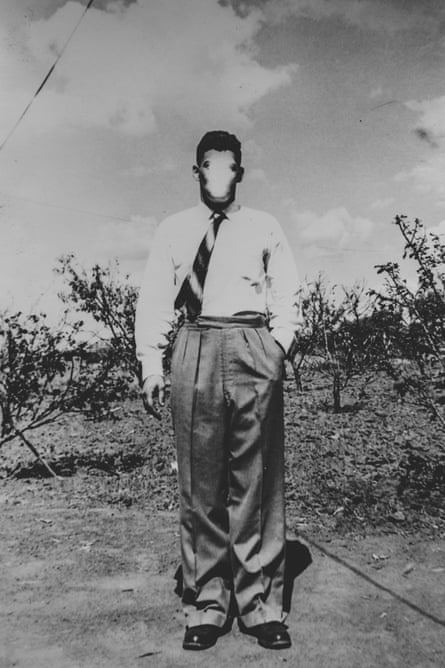
Nadia Ettwein
Born in 1984 in Port Shepstone, South Africa. Nadia Ettwein lives in Cape Town, South Africa
Hond, 2023
“Hond” is the Afrikaans word for dog. I was told my mother threw me away like a dog – I’ve never stopped believing that. We were discarded children at a time when my country was struggling with its demons.
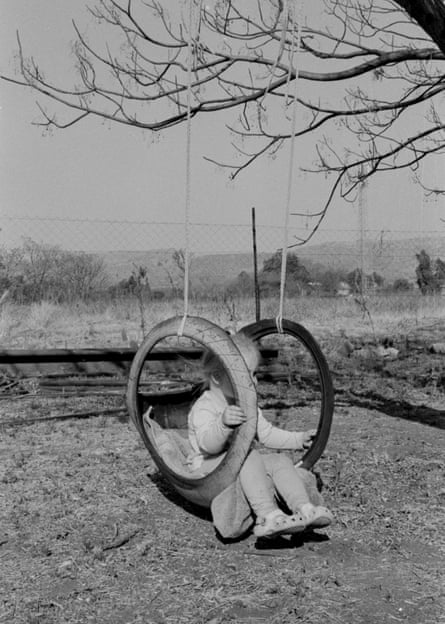
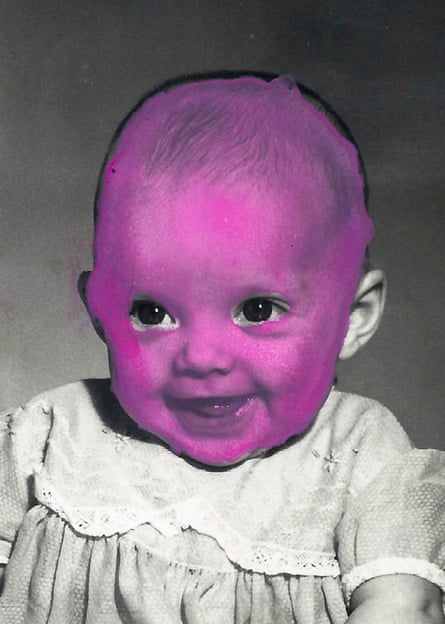
I’m Nadia. Born in 1984 and raised all over South Africa.
My sister was three when Mom left Dad in 1989. We were raised by parents who fought private battles within a faltering political ideology. There was sickness outside and at home. My father joined the South African army, and my mother legally wrote me off. I was adopted. Had multiple step-parents. Absence of love. I am afflicted by my ancestry and heredity.
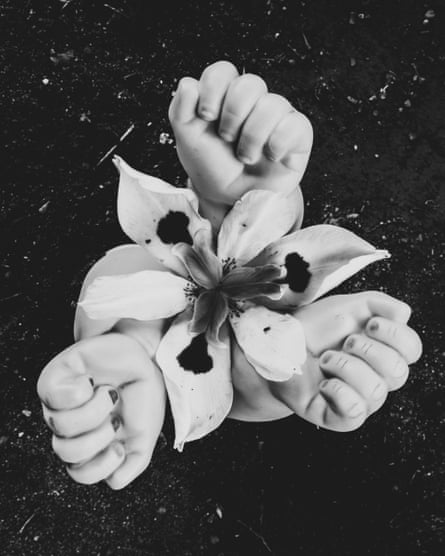
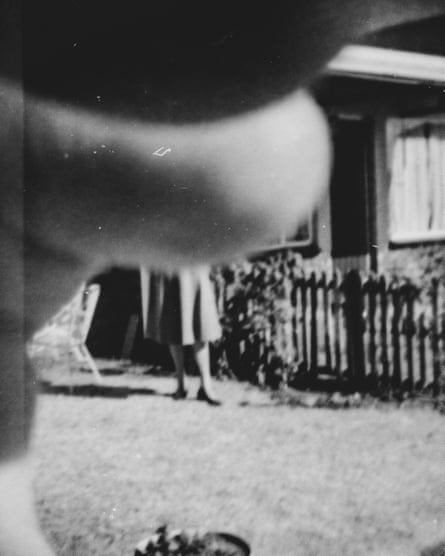
There are always people who give you up. My work relates to dissociating from painful memories, trauma, rejection and my current experiences. You find yourself in a situation of instability and displacement of post-apartheid, religion and child welfare, trying to grow up as a solid human in between the neglect. There are beginnings and endings, balance and imbalance, and the betweenness which forms a collective memory.
Abuse isn’t poetic, nor was being raised as an Afrikaans girl.
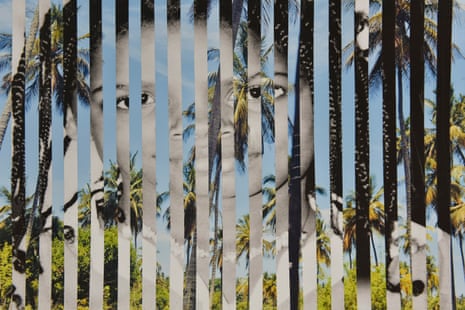
Yassmin Forte
Born in 1980 in Quelimane, Mozambique. Yassmin Forte Lives in Maputo, Mozambique.
This is a story about my family, 2022
My parents fell in love on a dancefloor in Quelimane, Mozambique. He was stationed at the height of the Portuguese occupation of Mozambique, part of the armed forces, and my mother was a local Mozambican woman. He was destined to return to Portugal.
With independence in 1975, the Frelimo party (The Front for the Liberation of Mozambique) ordered the Portuguese to leave the country within 24 hours.
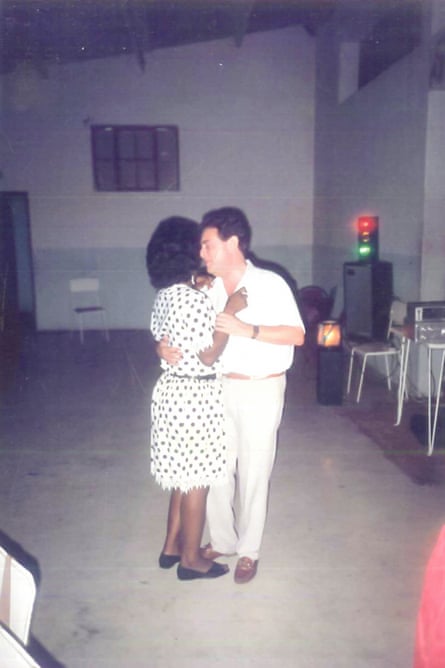
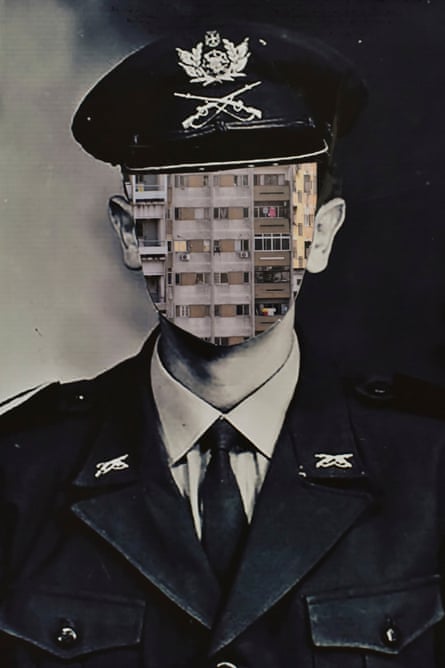
He stayed and fell in love.
My images attempt to dissect and navigate the effects of colonialism and migration from my family’s history. They address three aspects: family, migration and the story of Africans, using family archives and my images. I attempt to investigate how Africans have become the result of mixtures, migrations and colonisation, histories mixed and patterns repeated, and in this way, unpack my own African identity.
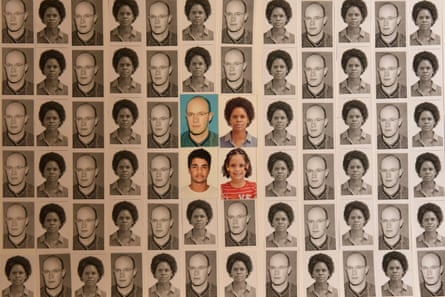
The collage exaggerates and emphasises this history; at times, family images are placed on top of the scenes from modern and remembered Mozambique, juxtaposing past and present. I used collage to construct a past and the perception of my own identity.

Maheder Haileselassie
-
National Memories III, Shifting Identities. Axum obelisks symbolise pride and testify to 3,000 years of Ethiopian history
Born in 1990 in Addis Ababa, Ethiopia, where she now lives.
www.maheder.photography
Between Yesterday and Tomorrow, 2023
I read Ethiopia’s history as a child in the books my father left before his passing. Ethiopian society prides itself on having 3,000 years of history and defeating colonisation. Remembering is in our cultural DNA. We stand at an intersection, yearning for the past and longing for the future with profound uncertainty.
I superimposed 19th-century archives made by Europeans with images from my current work and family albums. This acts as a metaphor for the overlapping of time and space in one’s memory, speaking to our nostalgia while acknowledging the involvement of the western world in our history.

The landscape is part of our heritage. Visiting my grandparents’ birthplace brought a fleet of memories. It was an initial longing for the presence of my ancestors, followed by a rush of melancholy for the complex and contested future awaiting this generation of Ethiopians.
Identity photos from my family album are layered with archival portraits of Ethiopian rulers and everyday people, bringing a new being into existence, removed further from the original, speaking to the fluidity of memory and identity shifting between personal and collective memories.
Remembering is feeling. It’s involuntarily navigating in a dreamlike state between yesterday and tomorrow.
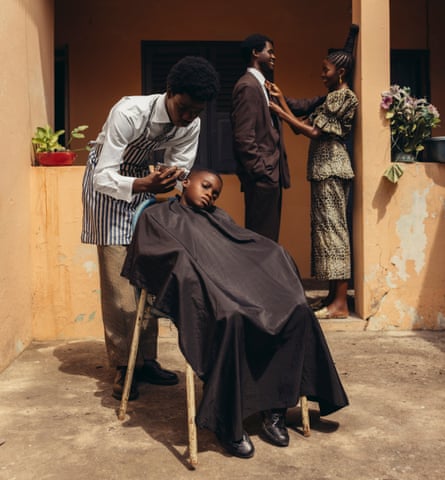
Carlos Idun-Tawiah
Born in 1997 in Sekondi-Takoradi, Ghana. Carlos Idun lives in Accra, Ghana.
Sunday Special, 2022
I photographed this series as a requiem of my memories.

I was inspired by a close study of the family album and my recollection of growing up in a Christian home. I highlighted the ethos of Sundays from a much more vernacular perspective. I played with visual nostalgia, juxtapositions, colour and gesture to fully extract the roundedness of the traditions of what Sundays typically felt like in Ghana, also being conscious of blurring the lines between sanctity and our humanity and underscoring how community and divinity could exist in one place.

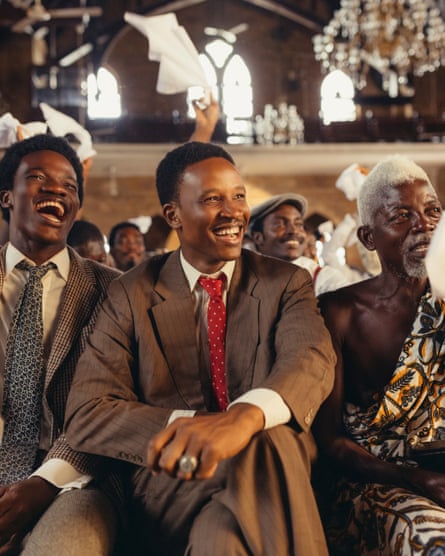
Left and right: 103 Sunday Special, 2022
My joy is to watch everyone who sees this go back in time. Inciting that delight that can only be found when we look back. Provoking the sweet joys of what our memories could best serve us.

Léonard Pongo
Born in 1988 in Liège, Belgium. Léonard Pongo lives in Kinshasa, Democratic Republic of Congo
Primordial Earth, 2023
Primordial Earth is an experimental documentary project that relies on technical inaccuracies to translate the idea that vision is limited and man is biased. Inspired by Kasaï traditions (southern DRC) that parts of reality exist outside human’s limited reach, the project uses “Full Spectrum” cameras to create images “touched by the invisible” and impacted by wavelengths invisible to humans.

By photographing the landscape of the Democratic Republic of Congo and focusing on the places, objects and shapes mentioned in Congolese traditions, the project recreates a visual narrative connected to the country’s traditional tales and stories and which is based on a physical experience of the landscape. Photography becomes a tool to connect with the land. It creates a dialogue between the country’s incredibly varied landscape – a character with its own will and power – the inspiration from traditional symbols, stories and philosophies, and my presence as a limited actor trying to reconnect with this heritage. The space depicted becomes an allegorical tale revolving around genesis, apocalypse and eternal return, questioning our relevance and relationship to nature in a constant cycle of life and death as part of a natural cycle originating in Congo.

[ad_2]